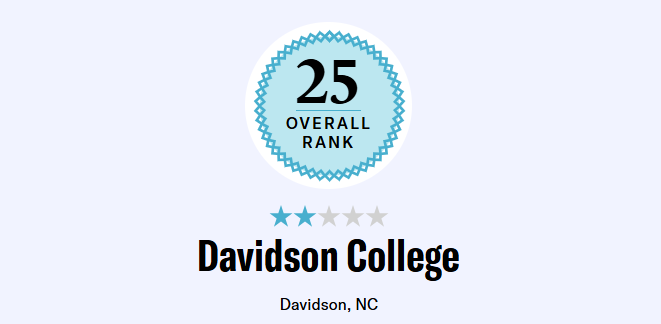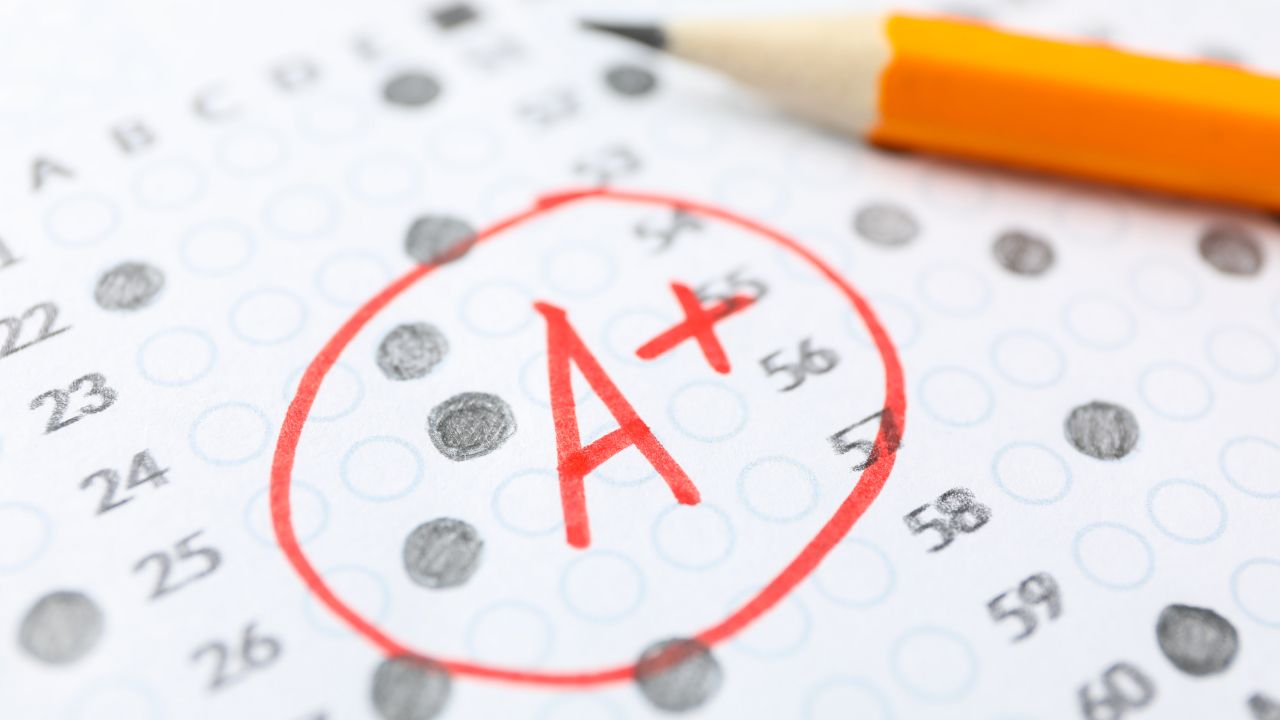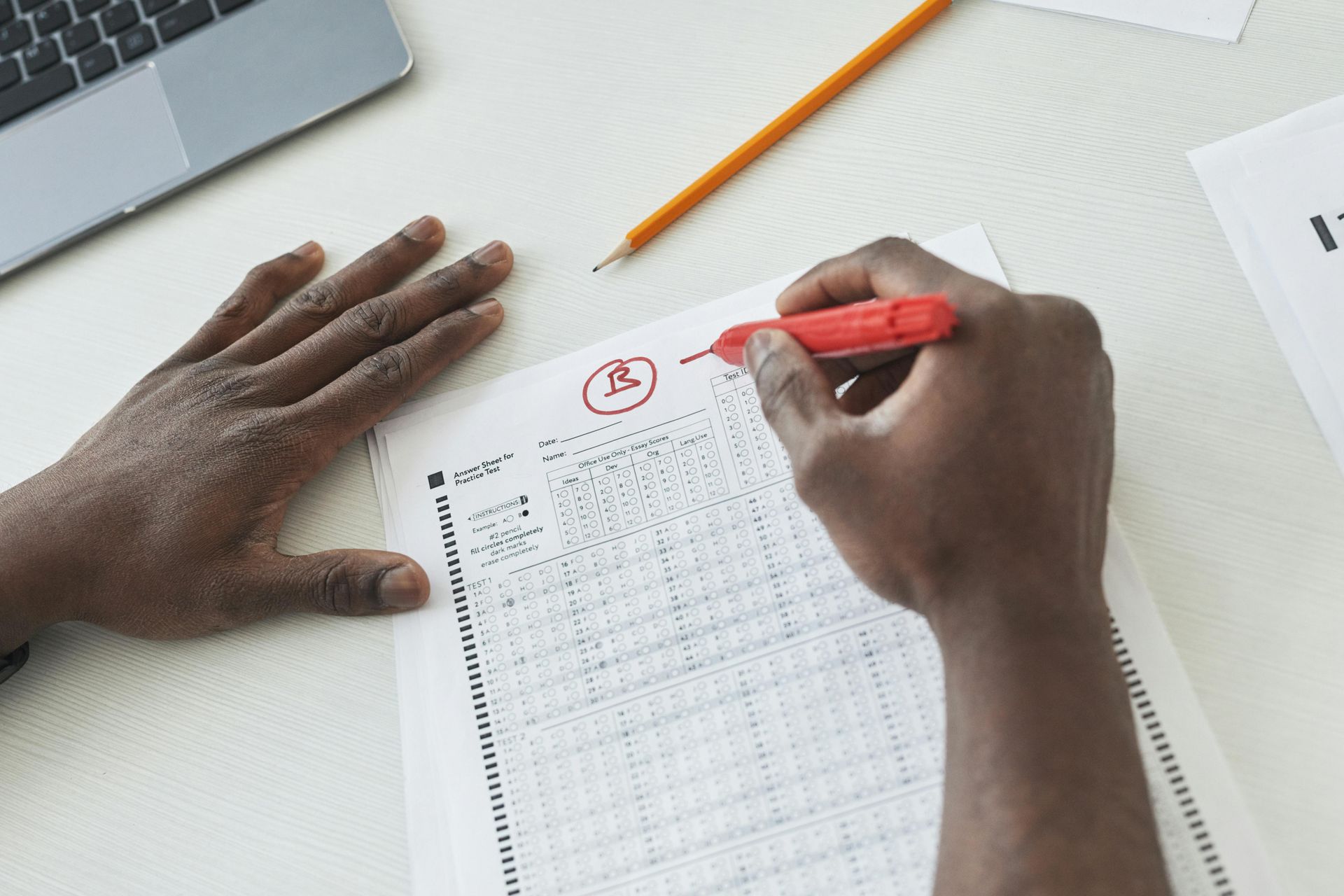Davidsonians for Freedom of Thought and Discourse Input for Davidson College Strategic Plan
on October 5, 2023, President Doug Hicks communicated to all Davidson College alumni information on the Strategic Plan process for Davidson that is now underway. The following letter includes recommendations made by Davidsonians for Freedom of Thought and Discourse and was sent to the Strategic Plan Committees on October 30, 2023. We are hopeful that such recommendations will be taken into consideration as the plan is created and enacted.
Dear Davidson College Strategic Planning Committee Members:
We hope this letter finds you well, and that your strategic planning work is off to a good start. We, the Davidsonians for Freedom of Thought and Discourse (DFTD), would like to take you up on your invitation to provide feedback on the strategic planning process currently underway. For those who don’t know, DFTD is an independent, 501(c)(3) association of Davidson alumni not affiliated with Davidson College, which partners directly with students and faculty to support a learning environment at Davidson College that is ideologically balanced and promotes a lively and constructive freedom of debate and deliberation.
We believe that the current challenges regarding free expression facing institutions of higher learning nationally are also manifest at Davidson. This core issue ought to be addressed head on. Our beliefs are grounded in data from Davidson students reported by the Foundation for Individual Rights and Expression (FIRE), which routinely surveys college students nationally. This data can be found on our website dftdunite.org. Our aim is to improve and enhance the state of free expression on campus and support ideological diversity at the same time. We believe that these aims are compatible with and supportive of the stronger, healthier Davidson College that you are called to seek.
Considerations that we hope each Committee will include in its deliberations follow.
--
Learning for the Future
“The primary purpose of Davidson College is to assist students in developing humane instincts and disciplined and creative minds for lives of leadership and service.” We fully embrace this purpose and believe it should continue to be the guiding principle for the college. From our perspective, there are many struggles right now that students face as they develop their talented minds for leadership. According to the most recent FIRE survey data, 2/3 of Davidson College students feel uncomfortable publicly disagreeing with a professor on a controversial political topic. Like all things in life, good leadership requires practice. If most students feel uncomfortable taking a lead in the classroom and challenging a position that they disagree with, it stands to reason that they will struggle to lead in the board room, the hospital, the courthouse, or government in the future.
We believe that students learn from the behavior that is modeled for them. If students don’t see faculty engaging in regular, healthy, civil debates, they will have trouble engaging in that behavior themselves. Thus, we call upon this sub-committee to focus on hiring faculty whose dissident scholarship challenges the present-day consensus on topical issues, and to find individuals who will bring perspectives to the classroom that do not align with the apparent current majority of faculty.
Within the context of generative artificial intelligence, we believe that this focus on hiring more heterodox faculty will allow the Davidson College community to both maximally leverage new technology such as AI, while simultaneously insulating the college better from its possible threats. Heterodox faculty allow for use of tools such as this that operate outside of the current methods of analysis employed by most faculty members. These fresh, new perspectives would be beneficial to Davidson College.
We believe Davidson would benefit from having a first-class center—such as Princeton University’s James Madison Program in American Ideals and Institutions and UNC-Chapel Hill’s Program for Public Discourse—to promote solid research and dispassionate discourse unbounded by ideological blinkers. Such a center would help achieve the goal we propose for a more heterodox faculty, and funding for it could almost certainly be obtained from donors who have ceased giving to Davidson, out of disenchantment with the direction the College has taken in recent years.
--
Discover Passions, Developing Purpose
We agree wholeheartedly with the sentiment that “graduates must build the capacities to think critically and creatively, to express themselves in written, verbal, analog and digital ways, to collaborate in diverse groups, and to continue learning throughout their lives and careers.” Given that focus on expression, we are troubled by FIRE’s most recent (2023) finding that over half of Davidson students are uncomfortable engaging in a conversation about any controversial topic with their peers in a common space on campus. We believe that this fear of engagement will have spillover effects on the ways that students express themselves in written, verbal, analog, and digital ways.
We encourage the college to focus efforts on engaging external speakers and alumni of all backgrounds who have modeled exemplary leadership in expression. By intentionally focusing on, and including, external speakers and alumni of all political affiliations, ideologies, and worldviews, we believe that Davidson College students will be encouraged to speak their minds with their peers, and thereby develop and discover their passion and purpose. Without such modeling from speakers and alumni, students may feel isolated, lonely, and unsupported.
This type of engagement work can also provide a material financial benefit to the college. Connecting and engaging distinguished alumni of all affiliations directly with students, and showcasing their good work and success, could likely lead to increased philanthropic support, which then in turn further supports and enhances the overall student experience.
--
Building Public Good
The charge of making the world a more “compassionate, sustainable, and just” place is indeed a tall order for any graduate of any institution. With that said, we believe Davidson College can and should continue its record of leadership for improving the world we all inhabit. We would encourage this Committee to consider ways that the college can foster and support contrarian thinkers, while cultivating new scholarship that will solve pressing issues.
According to the most recent FIRE survey, roughly 2/3 of Davidson College students are worried about damaging their reputation because someone misunderstood something they said. This type of fear is unlikely to lead to prodctive conversations that generate new knowledge and insights. We believe that the college should focus on developing a culture where civil debate and discourse is not only welcome but celebrated. The recent development of the Davidson College Commitment to Freedom of Expression Statement, affirmed this year by both the faculty and Board of Trustees, is a strong step towards such a culture. A challenge for this strategic planning committee, we believe, is to map out, concretely, how the ideals of the Statement can be inculcated in practice throughout campus life. We suggest emphasis in New Student Orientation on the Commitment to Freedom of Expression, development of a robust ideologically balanced external speakers program, and balanced debates by experts on controversial issues.
Human civilization has advanced to where it is today because of risk-taking. A student body unwilling to speak or take those risks will likely not generate the advances we all so desperately need. We participate in and encourage growing commitment to Davidson’s Deliberative Citizenship Initiative (DCI).
--
Engaging Davidson and Greater Charlotte
We agree that Davidson’s geography and proximity to Charlotte give it an incredible comparative advantage relative to peer institutions. We hope to see the college engage with all manner of businesses, non-profits, and government entities. Doing so not only provides new opportunities for students to learn, and work, but also presents new development opportunities for the college itself.
As the College engages with the community, and the world, we hope that it will be cautious about positioning the institution with one-sided official stances on hot-button issues of the day. We note that the 2021 survey of Davidson’s major donors by the American Council of Trustees and Alumni found that 66% of all donors believe that the College should not take public positions on controversial social and political issues in messaging to faculty, staff, and students.
Engaging in official influencing may potentially limit relationships with community partners, and possibly have a silencing effect on the student body and faculty. We believe that a policy of not advocating on issues that do not directly affect the institution itself (as opposed to students) would best serve the college. Commenting on political issues that affect only a subset of students could give the appearance of the institution playing favorites with some individuals over others. In this context, we believe the recent statement from President Hicks regarding the inflammatory violence in Jerusalem and Gaza was appropriately limited for now, with most of its emphasis devoted to the needs of Davidson students. His call for a subsequent open forum on problems of the region appears to anticipate providing a balance of speakers so that opposing views can be respectfully presented and heard.
Individual faculty and student groups should be free, of course, to take advocacy positions that do not speak for the College.
--
We appreciate and respect the time and work that each Committee is putting into the Strategic Plan endeavor. We have no doubt that writing the strategic planning document is a significant task. If you have any questions about what we’ve written or would like to engage in a direct conversation, please call on us. You have been commissioned with a unique and vital opportunity to shape the future of the College and its programs for the lasting benefit of its entire community. You go forward with our best wishes.
Thank you sincerely,
From the Board and Staff of Davidsonians for Freedom of Thought and Discourse (DFTD)



